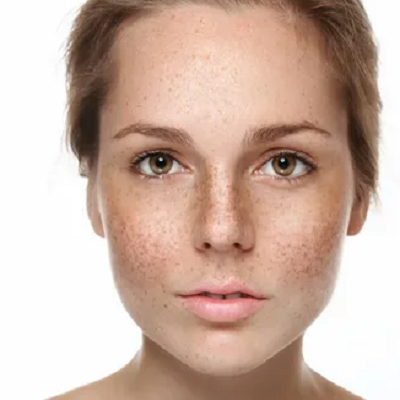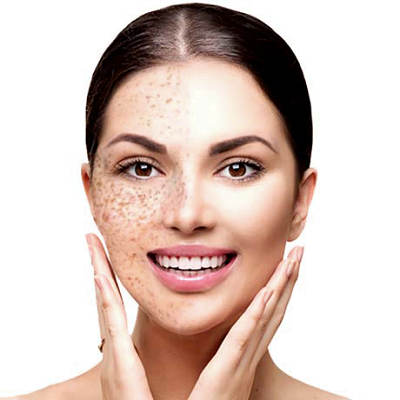
Stress affects how we feel, whether from job worries, problems, or what society wants us to do. Sometimes, people don’t realise how much stress can affect our skin. This can cause problems with the skin, and one significant depression is hyperpigmentation in Islamabad.
This blog post will look closely at how stress and dark spots on your skin are connected. We will learn about the body’s processes, the factors that cause it, and how to keep your skin looking good without too much worry.
To Know About – Hyperpigmentation:
Hyperpigmentation is a common skin problem where some parts of the skin get darker. This happens because there’s too much melanin, which gives colour to our skin. It’s known that sun, hormones and genes often cause uneven skin colour. However, new studies show that stress could be a significant link between them.
The Stress-Skin Connection:
Stress makes the body react in many ways, like releasing stress hormones such as cortisol. When these hormones are pushed too much, they can mess up the balance of other hormones. This causes a chain reaction that harms your skin.
Increased Cortisol Levels:
High levels of cortisol, which happen with long-term stress, can make the body produce more melanin. This is because cortisol turns on melanocytes, the cells that make melanin. This leads to too much pigment being produced in your skin. This often causes dark spots or areas to show up on the skin.
Inflammation and Oxidative Stress:
Long-term stress worsens skin problems and accelerates ageing by increasing inflammation and damage from oxygen. Inflammation can cause melanin production, making hyperpigmentation worse. Furthermore, oxidative stress can mess up the skin’s standard protection methods. This makes it easier for problems with pigment to happen.
Contributing Factors:
Several factors amplify the impact of stress on skin health, exacerbating the risk of hyperpigmentation:
- Lifestyle Choices: Usually, bad times cause unhealthy habits like eating the wrong food, not sleeping enough and hardly moving at all. These things can worsen skin health and help create dark spots on the skin.
- Skincare Neglect: People might not care for their skin during tough times, making skin problems worse. Not washing, moisturizing and protecting from the sun can worsen dark spots on the skin. It also stops the natural healing of the skin.
- Genetic Predisposition: Some people might have genes that make them more likely to get dark spots from stress. Knowing your genes can help you understand how your skin reacts to different challenges.
Coping Strategies and Prevention:
Given the intricate connection between stress and hyperpigmentation, adopting effective coping strategies is crucial for maintaining healthy skin:
- Using daily stress-busting techniques can significantly reduce how much stress affects our skin. Mindful meditation, deep breathing, and yoga have lowered cortisol levels. This aids in improving our overall health.
- Making a healthy lifestyle, like eating well, working out often and sleeping enough, is crucial. These actions make our skin solid and shiny while also keeping us healthy.
- Good skin care is always essential, especially in hard times. Keeping your skin clean, moisturized and safe from the sun is necessary. This helps make it healthy and stops dark spots.
All Summed Up!
Knowing how stress affects us is very important to get bright and promising skin. At SKN Cosmetic Clinic Islamabad, figuring out how stress and dark spots on your skin are connected helps people make good decisions about their mental health and skin.
By using ways to handle stress, staying healthy and following a regular skin care plan, people can deal with problems caused by stress while keeping their natural beauty. Real beauty comes from a good mix of inner happiness and outer shine.









